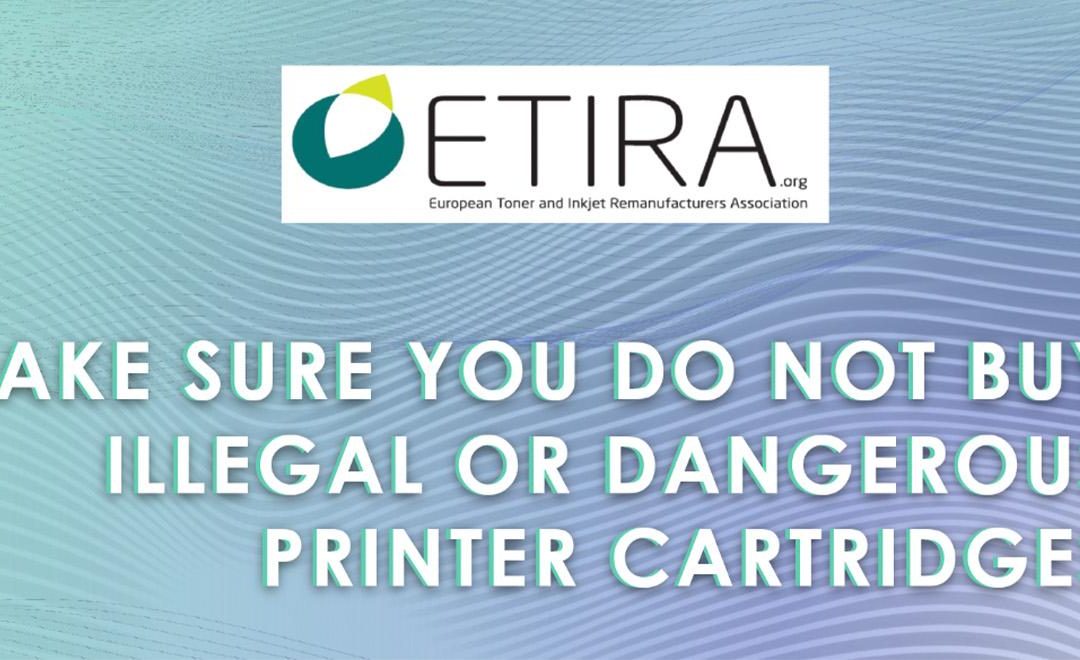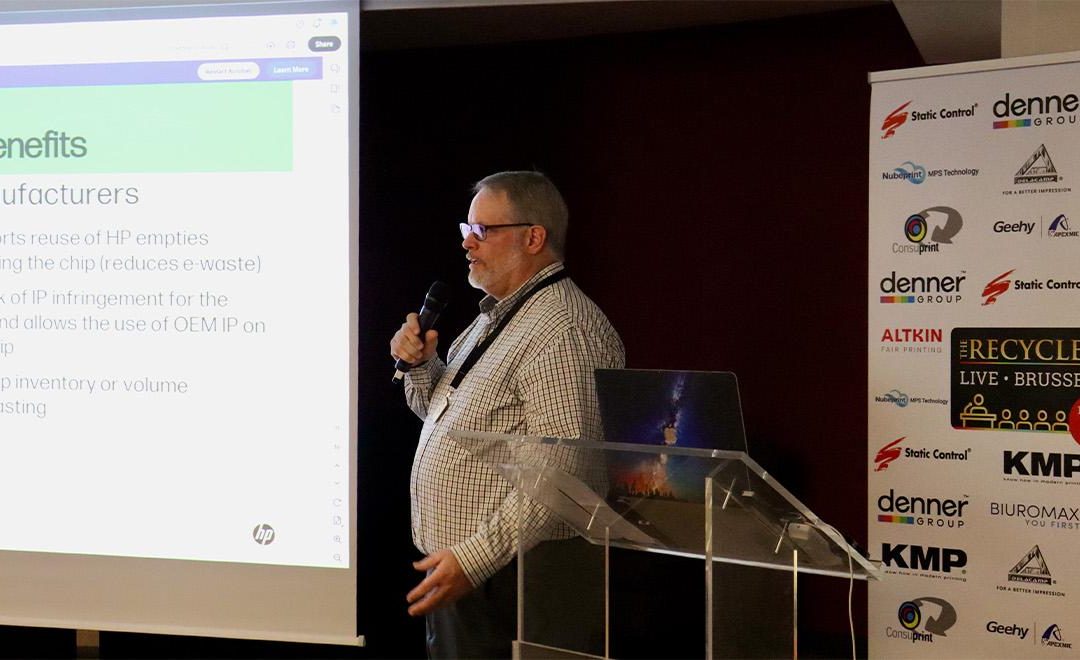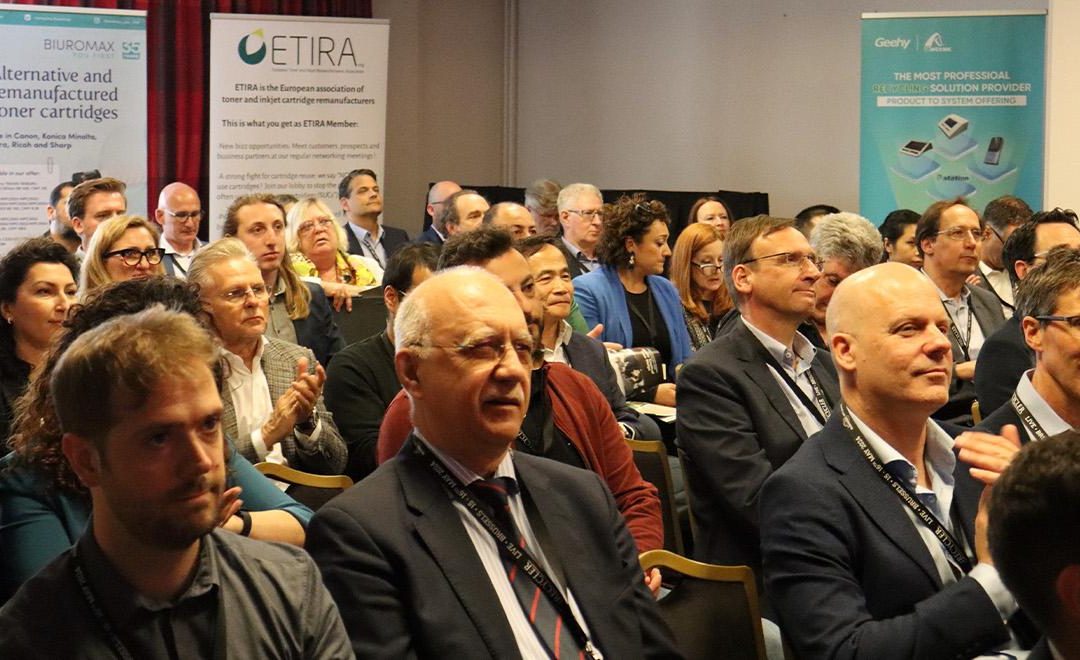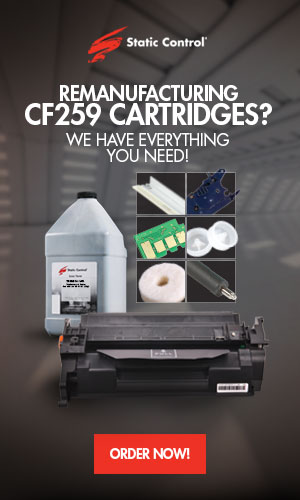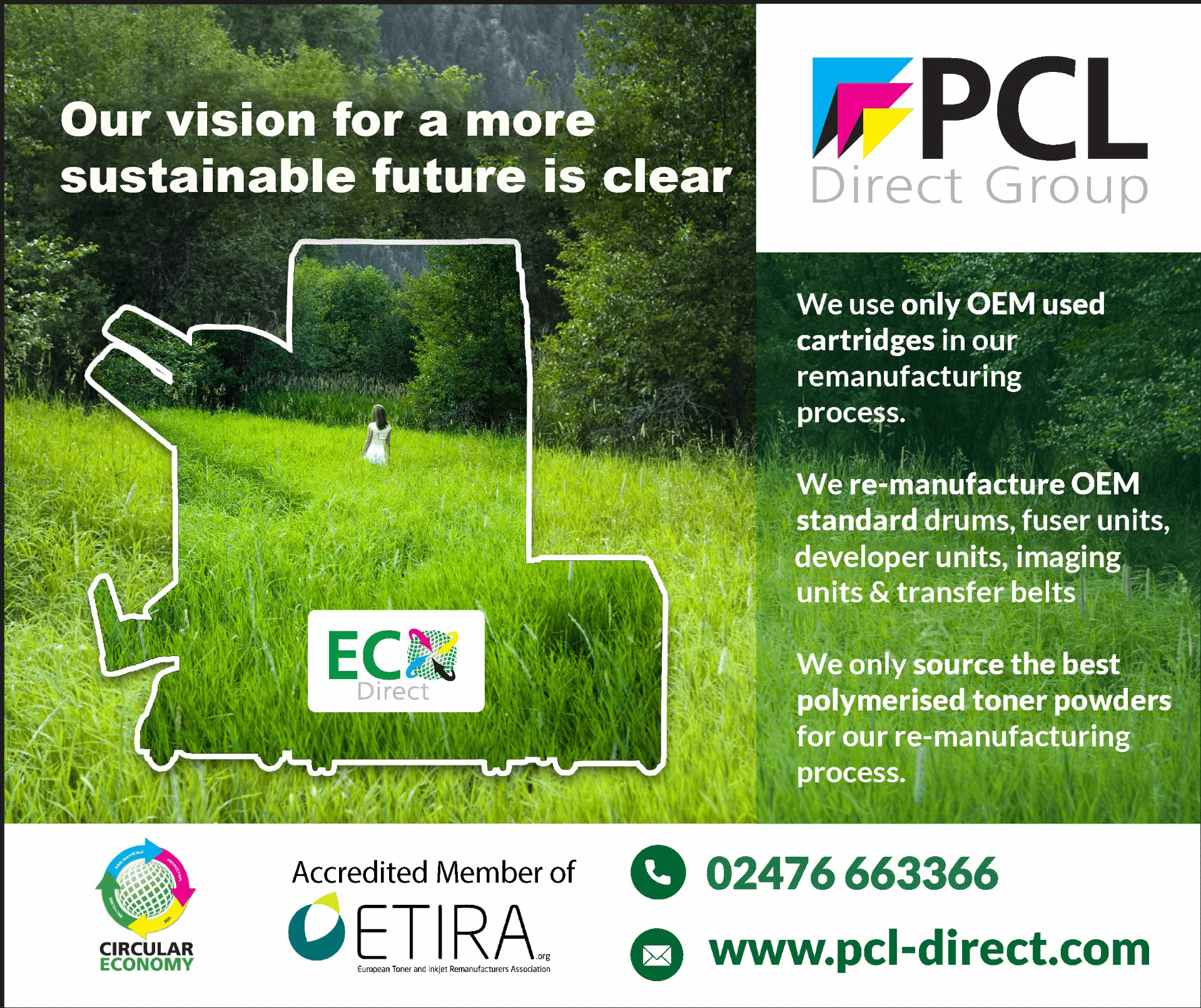 In May 2018 the European parliament revealed its desire to update eco-design rules to help “make products easier to recycle and repair”, thereby increasing sustainability.
In May 2018 the European parliament revealed its desire to update eco-design rules to help “make products easier to recycle and repair”, thereby increasing sustainability.
Through a recast of its Waste legislation in 2018, the European Commission is promoting the idea that the financial contributions (or fees) that producers pay into organisations that implement the principle of extended producer responsibility (EPR), should be eco-modulated. In other words, the fees paid towards management of electronic waste should be modulated to reward producers for their efforts in designing their products to mitigate their impact on the environment (bonus) or to provide disincentives for marketing less environmentally-friendly products (malus). Eco-modulation of fees is considered an instrument to put the Circular Economy into practice.
The European Commission has been consulting on the project and will publish guidelines on the modulation of financial contributions of producers of products to extended producer responsibility (EPR) schemes to assist Member States in the implementation of the Waste Framework Directive (WFD).
For the office imaging sector higher EPR fees could be applied to product manufacturers that do not design and manufacture products that have a low or zero environmental impact. For example, single-use cartridges. Lower EPR fees could be applied to reused cartridges that have a positive environmental impact.
In a recent paper signed by representatives of the industry of manufacturers of electrical and electronic equipment and of electronic waste collection organisations, twelve recommendations to the policy makers were publicised.
The paper says that the group is not against the general concept of “eco-modulation” of producers’ fees. It states that “the undersigning associations of the Electrical and Electronic Equipment (EEE) sector acknowledge policymakers’ good intention to reward producers for their efforts in ever more environmentally conscious product design contributing to the achievement of the targets of the Circular Economy.”
“We believe that eco-modulation of fees that producers pay into the EPR organisations is one of the instruments that will usher in the Circular Economy, provided that the criteria underpinning the modulation of fees are harmonised at EU level and coherent with EU legislation and international standards”, said Pascal Leroy, Director General of the WEEE Forum, one of the signatories of the paper.
“Furthermore, we remind policymakers that online free-riding, the phenomenon whereby online sellers typically choose not to register and not to undertake take back of e-waste, or not to pay for collection and reprocessing of e-waste, is rife in the EEE sector. Free-riding imposes an unfair cost on other, compliant producers and retailers, distorts the market, makes compliant companies less competitive and results in an overstatement of WEEE collection rates making this an urgent issue that should be addressed as a matter of priority,” Leroy added.
The European Commission is expected to publish guidelines on the modulation of financial contributions at the end of the year.


